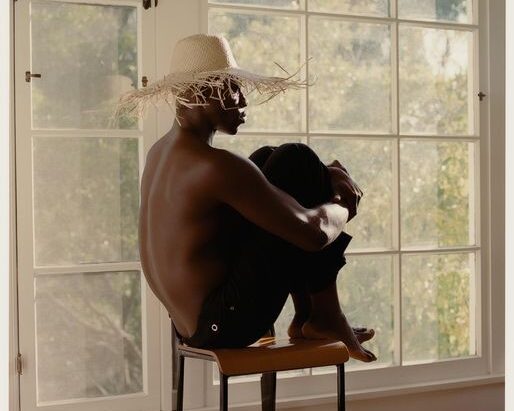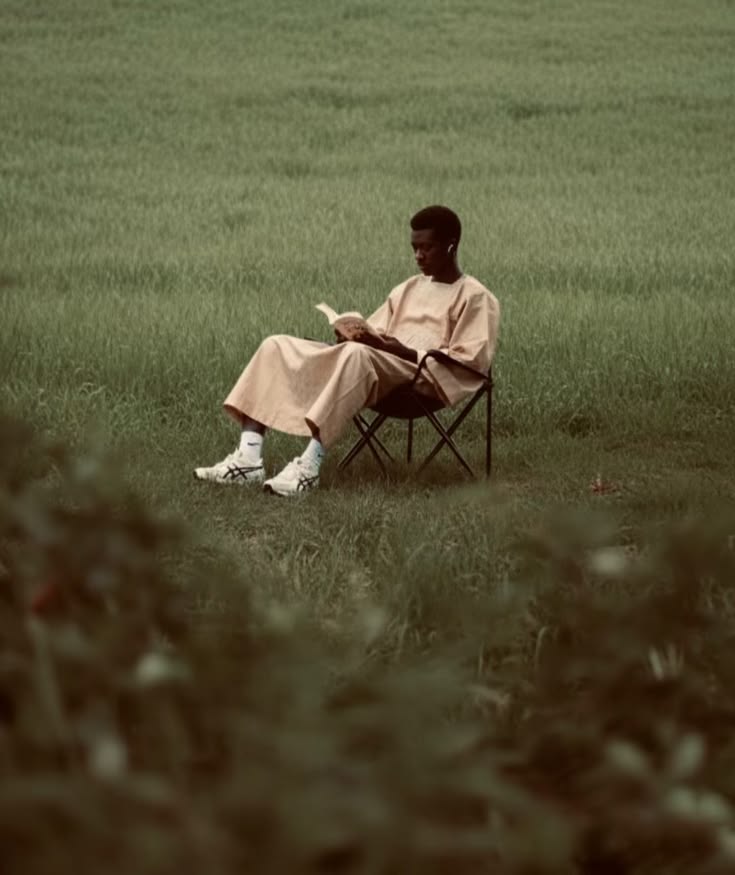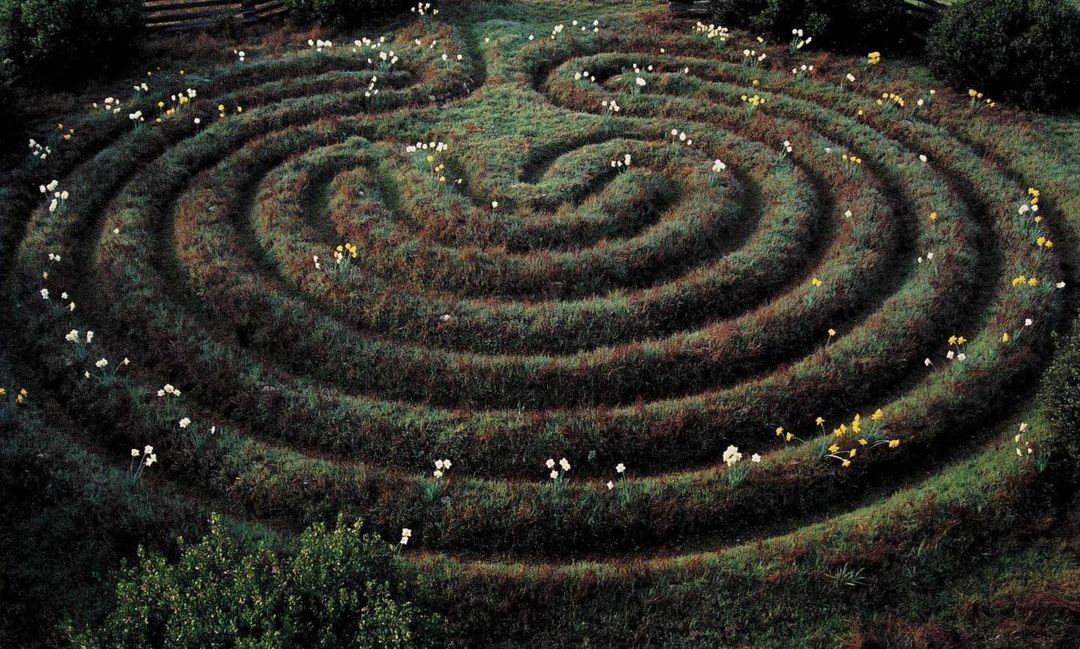Love Island USA tested conservatism like no other this season. This wasn’t just about what happened inside the villa — it was a mirror of the country outside of it.
Producers casted a former IDF soldier, Islanders who have openly used racial slurs, voiced support for Trump, former IDF soldier, and follow figures like Andrew Tate. And while that may seem jarring on paper, the reality is: this was always coming. The media we consume, especially reality television, does not exist in a vacuum. What we’re seeing on our screens is simply a reflection of the cultural and political state we’re living in.
The United States is deep in an ideological tug-of-war, with far-right talking points becoming increasingly mainstream. And rather than push back, networks like Love Island USA appear to be leaning in. In a desperate attempt to expand their viewership and rake in engagement, the franchise is grasping at straws — and those straws are drenched in white conservatism. The result? A distorted dating “experiment” that rewards palatability, conformity, and quiet compliance, while punishing vulnerability, nuance, and any disruption to the status quo.
And if you’re a Black woman? That punishment is multiplied.
Just like we’ve seen for years on the UK franchise, the USA version is now fully showcasing the misogynoir and anti-Blackness that lurks beneath these “lighthearted” shows. Season after season, we watch Black women be overlooked, policed, gaslit, or framed as combative — even when they’re the most grounded, self-aware people in the villa. Their mere presence becomes a problem.
This season, Chelley and Olandria modeled what emotional maturity, self-respect, and grace under pressure looks like. And yet, both inside and outside of the villa, they’ve become the target of intense online vitriol. The hate, largely from fanbases protecting white or non-Black contestants, is laced with racialized language, dog whistles, and flat-out misogyny. And despite the mounting attacks, the franchise has offered little to no protection.
In fact, the only time the producers stepped in to address bullying was when it was their preferred contestant receiving it. Chelley and Olandria? Silence.
And let’s be honest: there was nothing accidental about this casting. There was no accident in the villain edits some Islanders received, no accident in who was framed as lovable and who was demonized. This wasn’t just a season of dating television — it was a controlled experiment. Testing conservatism at this level was a way to see just how far they could take it. What began as a romantic show has morphed into a spectacle closer to Big Brother — not testing compatibility, but testing how much white conservative ideology audiences will tolerate when it’s packaged as entertainment.
This tactic is not new. Propaganda has always thrived in the soft power of media. From wartime films that painted the U.S. military as saviors, to commercials that sold suburban life as the American Dream while erasing Black and brown families, television and film have long been tools to normalize ideology. The Cold War era perfected this — sitcoms, school programming, and advertisements all pushed messages of conformity, heteronormativity, and patriotism. Even so-called “neutral” entertainment was never neutral. It was carefully designed to reinforce who belongs, who leads, and who deserves safety.
Reality TV has simply taken the baton by embedding conservative ideologies in casting choices, edit strategies, and narrative arcs, shows like Love Island USA turn propaganda into spectacle. The danger is that it feels harmless — just a dating show, just entertainment. But when contestants who openly support racist policies are given sympathetic edits while outspoken, nuanced Islanders are silenced or painted as “too much” or “mean girls,” that is propaganda at work. It tells audiences, implicitly, what kinds of voices are valued and which ones are disposable.
And I never understood how people can say politics are “just politics” when they directly shape people’s livelihoods and lived experiences. The politics embedded in this season weren’t abstract — they were embodied in who was chosen, how they were portrayed, and who the audience was invited to root for. These choices affect how millions of viewers perceive not just the contestants, but entire communities.
What’s at stake here is bigger than one show. When entertainment becomes a testing ground for extremist ideologies, it softens the ground for real-life policies that harm marginalized people. It normalizes the dangerous and convinces us it’s simply another opinion, another perspective. But as history shows us, propaganda is never harmless. It’s a rehearsal for power.



